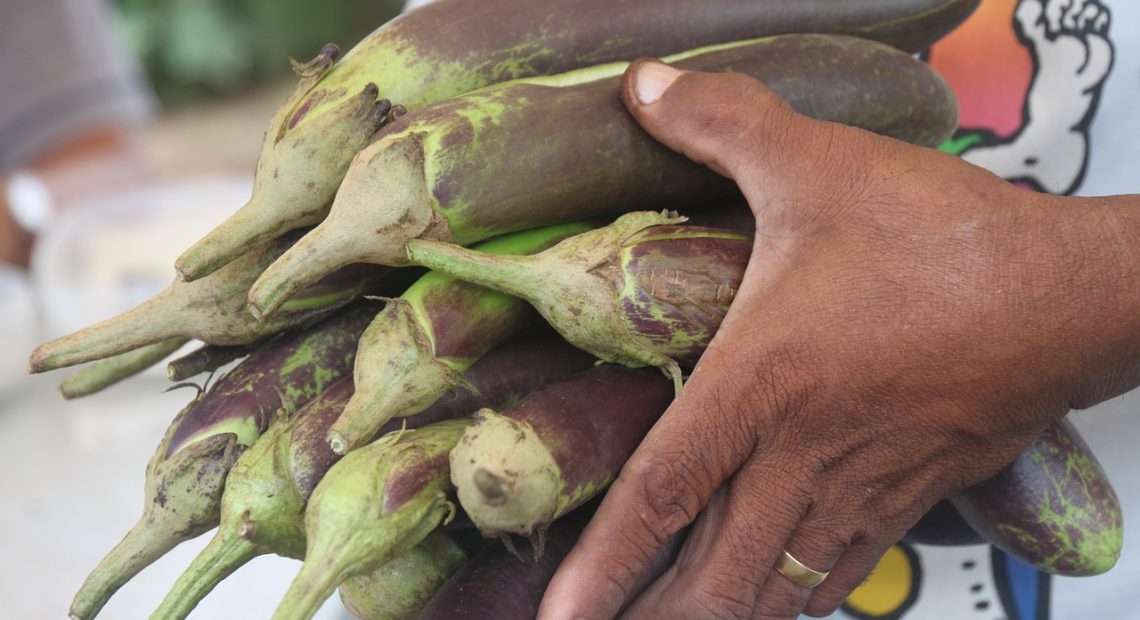How biotechnology helps in meeting the nutritional needs of poor people?

One of the most significant benefits of biotechnology is that it allows scientists to develop crops that are resistant to pests and diseases. This means that farmers can grow more food, as they no longer have to worry about losing their crops to insects or plant diseases. In addition, biotechnology has enabled scientists to develop crops that can withstand extreme weather conditions such as drought or floods, which are becoming more frequent due to climate change. This has ensured that even in adverse conditions, there is still a steady supply of food.
Another way biotechnology is helping to meet the nutritional needs of poor people is by creating crops that are rich in essential nutrients. For example, scientists have developed a type of rice that contains high levels of vitamin A, which is essential for good health, especially for children. Vitamin A deficiency is a major problem in many developing countries and can lead to blindness and other health problems. By making this rice available to poor communities, biotechnology is helping to address this critical issue and improve the health of millions of people.
Biotechnology has also enabled scientists to develop crops that are more affordable, which is essential for poor communities that cannot afford expensive food. For example, genetically modified crops such as soybeans and corn are often cheaper to produce and transport than their non-modified counterparts. This means that poor people can access the same nutritious food as wealthier people, which helps to bridge the nutrition gap and improve the overall health of the population.
In addition to improving the quality and affordability of food, biotechnology is also helping to increase the quantity of food available. Scientists have developed crops that are more productive, which means that farmers can grow more food on the same amount of land. This is particularly important in areas where land is scarce and expensive, and farmers need to maximize their yields to make a living. By increasing the amount of food available, biotechnology is helping to ensure that more people have access to nutritious food, which is essential for good health and wellbeing.
Finally, biotechnology is also helping to reduce the environmental impact of food production. Traditional farming methods often rely on pesticides and fertilizers that can be harmful to the environment and human health. Biotechnology allows scientists to develop crops that require fewer pesticides and fertilizers, which reduces the amount of chemicals released into the environment. This is particularly important in areas where water sources are contaminated, and people rely on these sources for drinking water. By reducing the environmental impact of food production, biotechnology is helping to protect the health and wellbeing of both people and the planet.
In conclusion, biotechnology has revolutionized the way we produce and consume food, and it has played a crucial role in meeting the nutritional needs of poor people. By creating crops that are resistant to pests and diseases, rich in essential nutrients, affordable, productive, and environmentally friendly, biotechnology has helped to alleviate hunger and malnutrition in many parts of the world. However, it is essential to ensure that biotechnology is used responsibly and that the benefits are shared equitably to ensure that everyone has access to nutritious food.
















